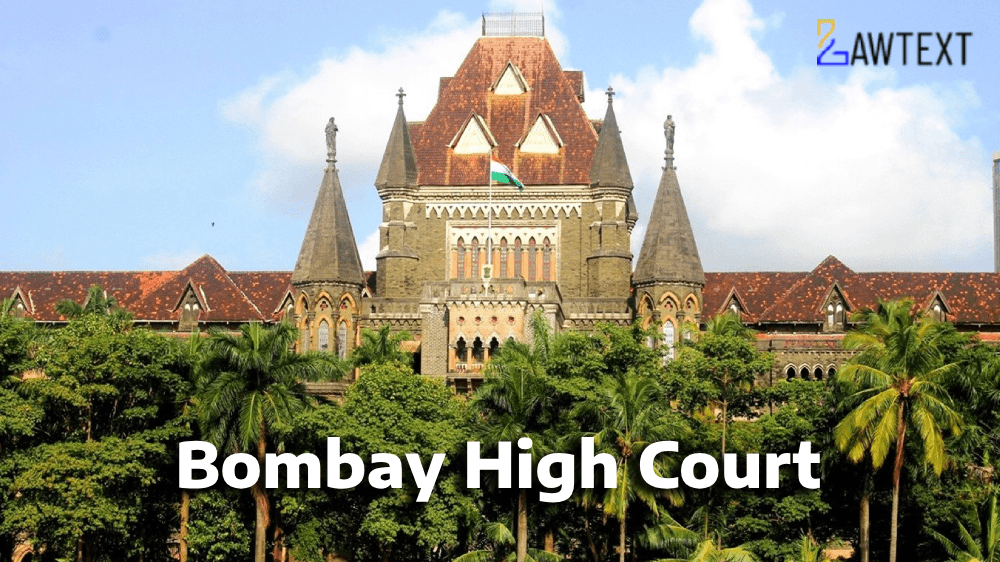

The court concluded that the applicant’s consistent involvement with the organized crime syndicate, evidenced by call data records (CDRs) and procurement of weapons, sufficiently established his complicity. Additionally, the court reaffirmed that the lack of any significant change in circumstances since the earlier rejection of bail warranted the denial of this application.
Key Point: The court must not grant bail unless there are reasonable grounds to believe that the accused is not guilty, as required under Section 21(4) of the MCOC Act.
The applicant, Adarsh Khare, sought regular bail after being arrested for his alleged involvement in an organized crime syndicate, charged under multiple sections of the Indian Penal Code (IPC), the Maharashtra Control of Organized Crime Act (MCOCA), the Arms Act, and the Bombay Police Act. The charges primarily related to murder, conspiracy, and aiding the organized crime syndicate led by Chetan Hajare. The court rejected the bail application, citing sufficient evidence of the applicant's involvement in procuring weapons and his communication with the crime syndicate leader. The court also emphasized that there were no changed circumstances to warrant reconsidering bail after earlier rejections.
1. Case Overview (Para 1-2)
The applicant was arrested on 28th September 2020 in connection with a crime involving a fatal assault on a car driver, Balya Binekar, at a petrol pump. The case was filed under various sections of the IPC and the MCOC Act. The applicant allegedly procured weapons used in the murder and is associated with an organized crime syndicate led by co-accused Chetan Hajare.
2. Role of the Applicant (Para 3)
During the investigation, it was revealed that the applicant ordered knives and an axe online, which were used in the murder. His close communication with the gang leader, as evidenced by call records, linked him to the crime.
3. Arguments by the Applicant (Para 4-5)
The applicant's counsel argued that his role was limited to purchasing weapons and that there was no clear evidence of his active participation in the crime or direct involvement with the organized crime syndicate.
4. Prosecution’s Arguments (Para 7-8)
The prosecution strongly opposed the bail application, highlighting the applicant's association with the crime syndicate through consistent phone communication with its leader and his procurement of the murder weapons. They argued that there had been no significant change in circumstances since the earlier rejection of the bail application.
5. Case Law and Precedents (Para 9-13)
The court referred to several judgments, including Kalyan Chandra Sarkar vs. Rajesh Ranjan, emphasizing that without a change in circumstances, successive bail applications should not be entertained. It also referred to Prasad Shrikant Purohit vs. State of Maharashtra, clarifying the scope of organized crime laws under the MCOC Act.
6. Evidence and Nexus with Organized Crime (Para 14-19)
The court examined the definition of "organized crime syndicate" and concluded that the applicant’s nexus with the crime syndicate, as evidenced by his procurement of weapons and communication records, made him complicit under the MCOC Act.
7. Delay in Trial (Para 21-23)
The applicant cited the delay in trial as a ground for bail. The court acknowledged that while delay can justify bail, the severity of the charges and the ongoing trial meant the applicant should remain in custody.
Criminal Bail, Organized Crime, MCOCA
Bail Application, Organized Crime Syndicate, Murder, MCOCA, Criminal Conspiracy, Maharashtra Police, Indian Penal Code
Citation: 2024 LawText (BOM) (9) 304
Case Number: CRIMINAL APPLICATION (BA) NO.163 OF 2024
Date of Decision: 2024-09-30
Case Title: Adarsh s/o Anil Khare Versus State of Maharashtra, thr.PSO PS Sitabuldi, Nagpur
Before Judge: URMILA JOSHI-PHALKE, J.
Advocate(s): Shri S.P.Bhandarkar, Counsel for the Applicant. Shri D.V.Chauhan, Public Prosecutor (Senior Counsel) with Shri U.R.Phasate, Addl.P.P. for the State.
Appellant: Adarsh s/o Anil Khare
Respondent: State of Maharashtra, thr.PSO PS Sitabuldi, Nagpur